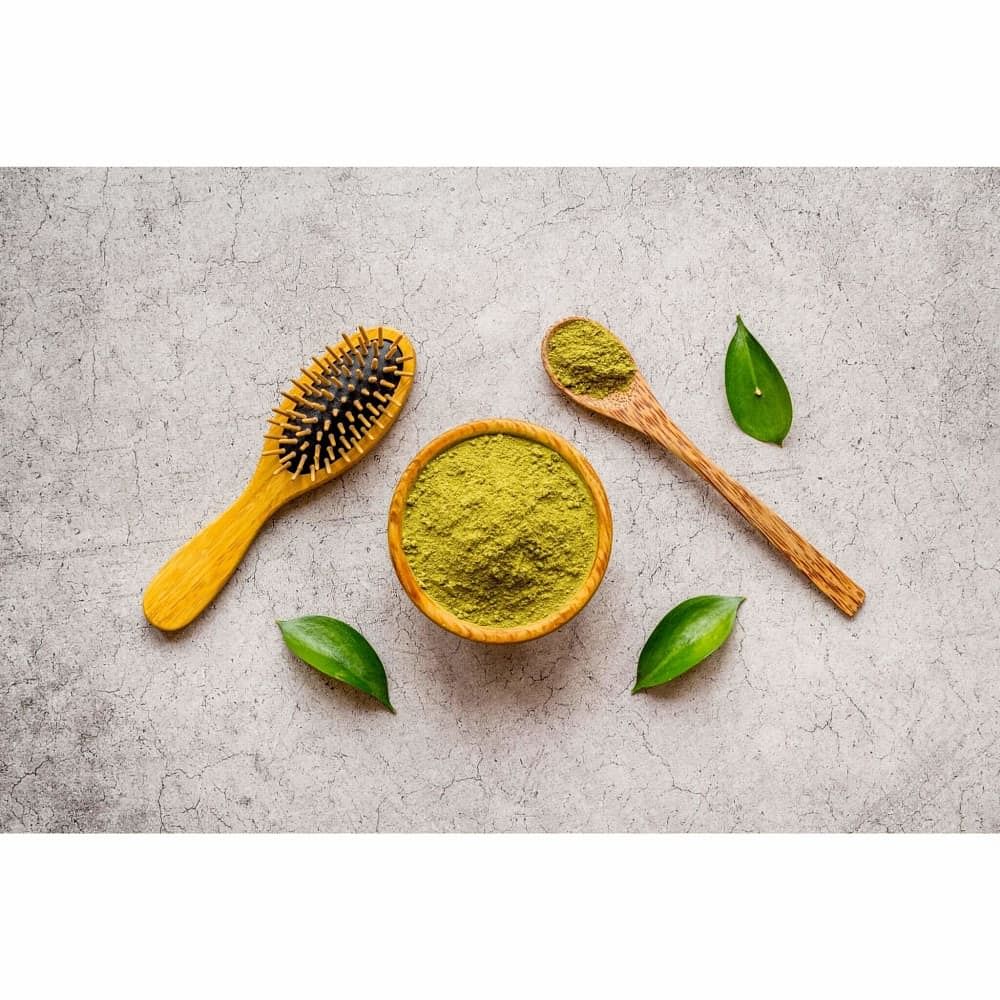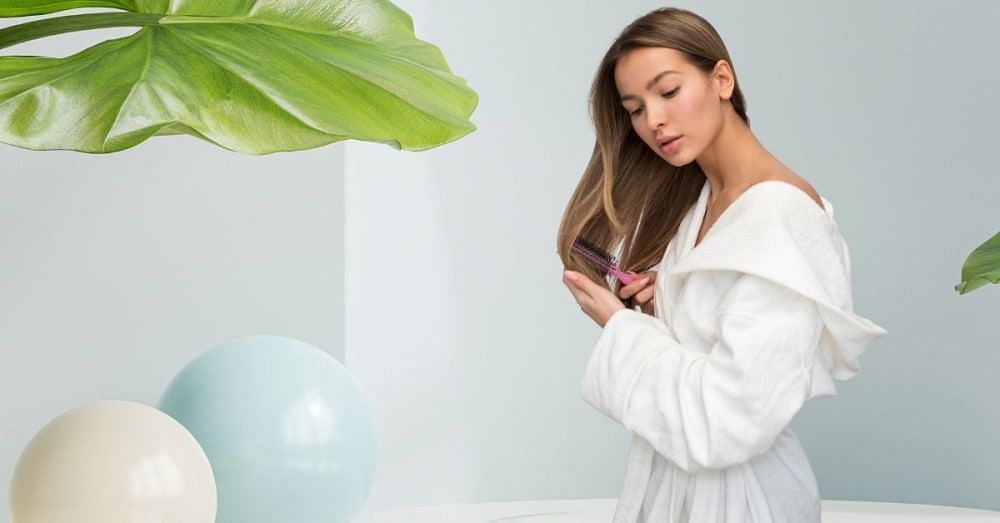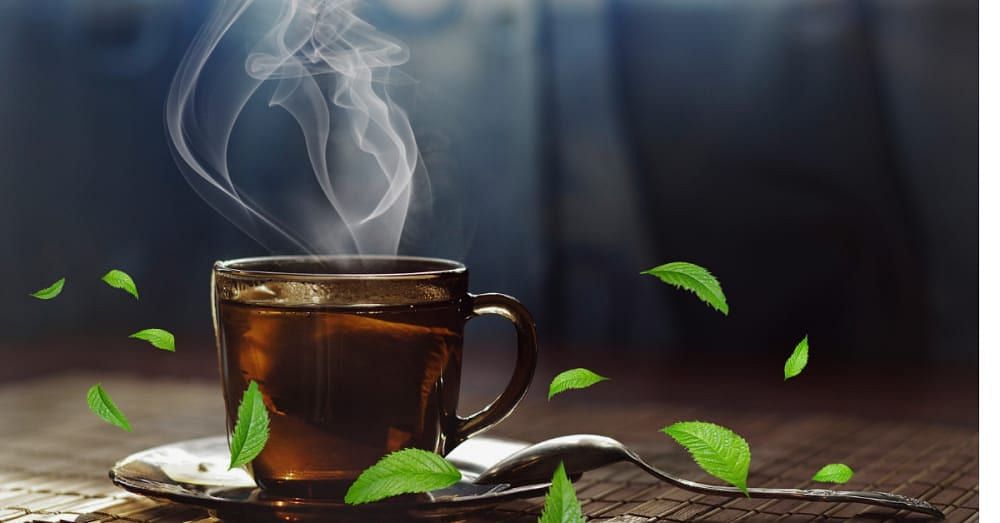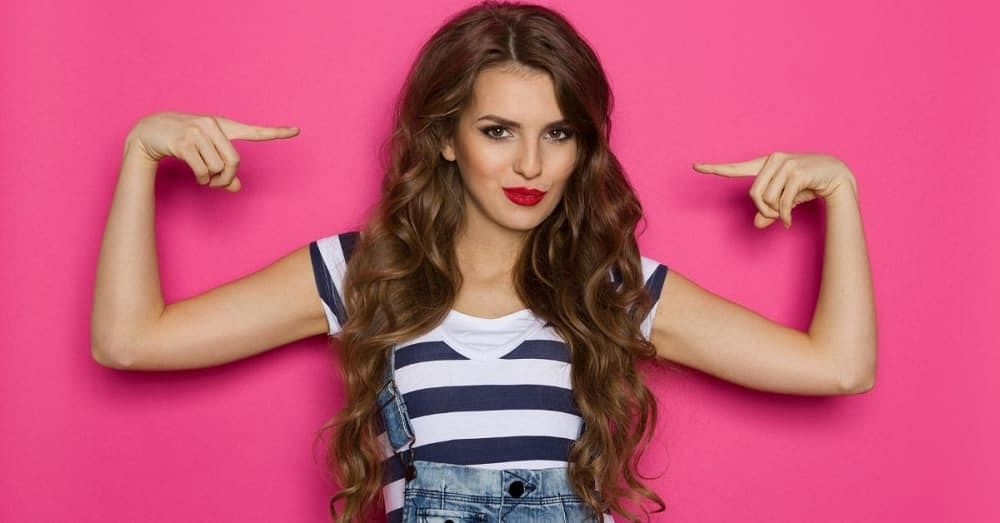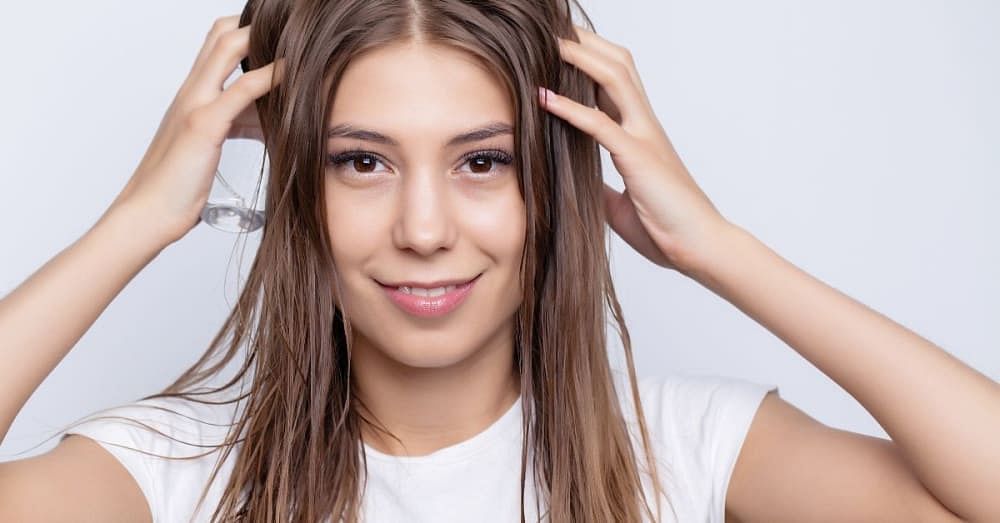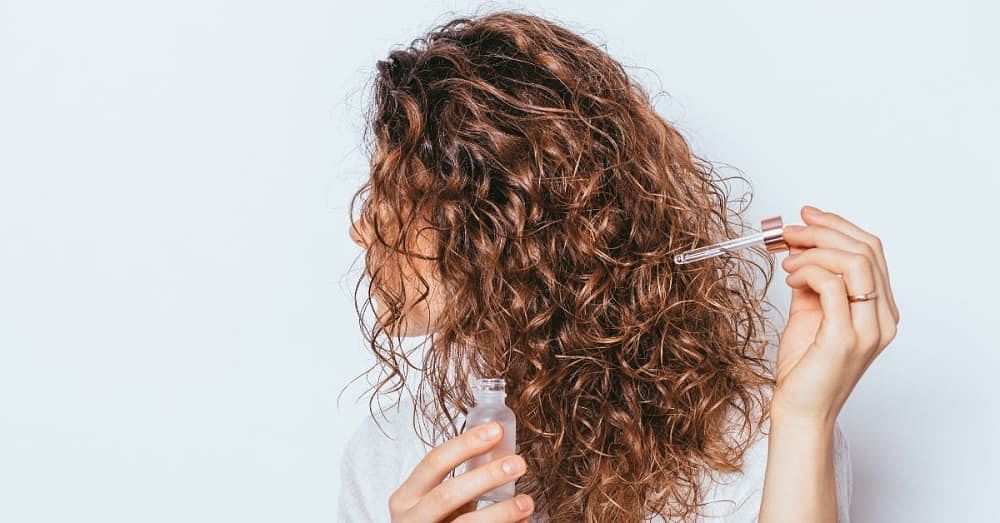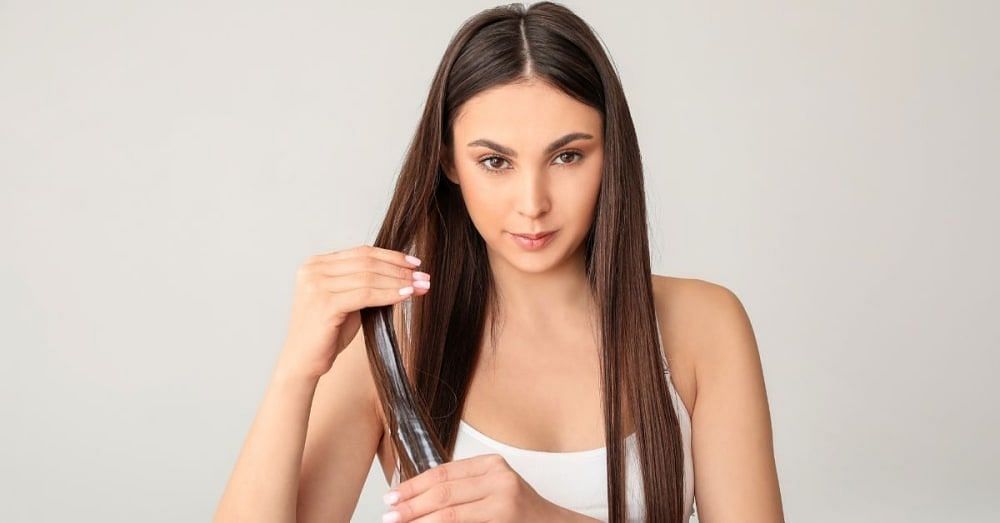Henna or Mehendi leaves are not a passing trend when it comes to hair care. Numerous women of multiple ages and socioeconomic backgrounds apply henna mixtures to their scalp to reap its benefits.
What is Henna?
Henna, also known as Lawsonia inermis, is one of the primary ingredients in many commercial body and hair colours in botanical terms. There are three main types of Henna - black, neutral, and natural. It's one of the most ancient plants where the leaves are used for beauty and health benefits.
Since ancient times, henna leaves have also been utilised for psychological and medical purposes and decoration throughout North Africa and Asia.
Henna is an evergreen plant that grows quickly in tropical and semi-arid parts of the world. Most people identify Henna hair colour with India since it is an integral part of Indian weddings and other cultural traditions. After usage on the body for decoration purposes, Henna also was used on hair. It is deemed to bring good fortune upon the wearer.
Also read: Hair loss signs and treatment
Is Henna Good For Hair?
Henna for hair was used to dye hair in the three different colours that it was available in. In addition to Henna as a hair colour, one can use it to keep your hair in good shape. It keeps the hair healthy, maintains the shine, and protects it by giving another layer of protection. So, the use of Henna for hair is good and has many benefits.
Henna Benefits For Hair
- The lawsone (dye) molecule enters the hair shaft and binds to the hair's keratin. This strengthens hair, but it's also one of the characteristics that make henna removal nearly hard.
- It covers the hair and offers a second layer of protection.
- It smooths down rough areas on the cuticle.
- It also does not prevent moisture from getting in.
- Henna has antifungal qualities, making it useful for individuals suffering from dandruff and hair loss, as well as other microbiological concerns.
- Henna is high in tannins, a plant component found in teas that adds to their deep colour; it also helps to prevent premature greying of hair.
- Henna is high in vitamin E, which softens hair.
- The plant's natural leaves are high in proteins and antioxidants, which promote hair health.
Henna Recipe For Hair
How to apply Henna on hair?
- Henna is usually applied as a powder that is blended with water.
- After that, it's applied to dry hair.
- Apply Henna and let it on overnight for the best effects. You may also use it in the morning and wash it off after 4 or 5 hours.
Protip
- You may boil some coffee or black tea and add it to your henna mix to create a deep dark colour on your hair.
- Similarly, one may achieve a deep red hue with brewed red tea, hibiscus flower powder, or beetroot juice.
While the leaves of the henna plant were traditionally used for hair treatment, contemporary India today uses henna powder to achieve the same results.
Caution
- Ensure you're using Henna leaves powder that is 100 per cent organic and pure.
- If the Henna is not natural, there is a chance that chemicals like hennotannic acid in Henna will affect the colour you get on your hair, and some of these chemicals may potentially harm your hair.
Side Effects Of Henna On Hair
When applied to the hair or skin, Henna is considered harmless for most individuals. However, if it is not natural, it might produce adverse effects such as -
- Dermatitis (skin irritation)
- Itching
- Swelling
- Redness
- Scaling
- Burning
- Damaged skin
- Skin scarring.
Also read: Pepper for hair growth
In rare cases, it may induce allergic responses such as runny nose, wheezing, hives, and asthma. Henna should not be used on children, especially babies.
Summing Up Our Verdict On Henna For Hair
Henna is a hair dye that produces the most brilliant colour and may last for four about weeks. You may need to colour your hair twice a month, depending on your hair type. Always remember that Henna is extremely difficult to remove from your hair. So, if you wish to colour your hair later, going for a lighter colour tone may be challenging.


